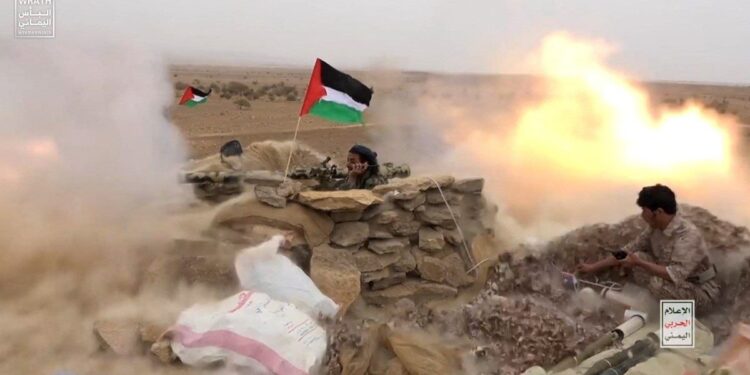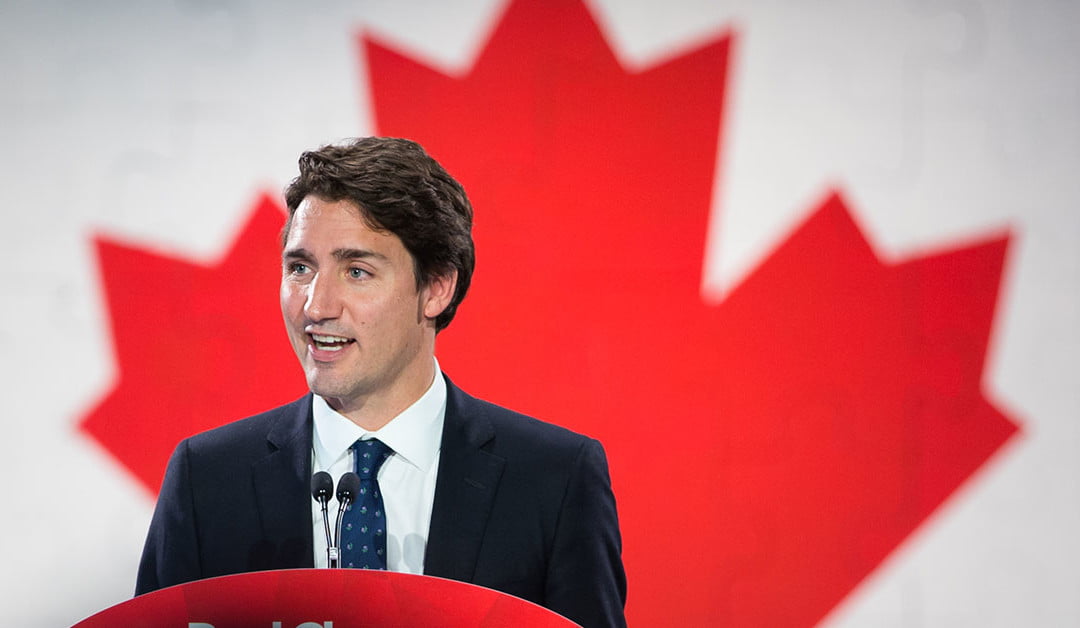The Houthi rebels, also known as Ansar Allah, are a significant faction involved in the long-standing conflict in Yemen. It’s worth noting that they have not received an official designation as a terrorist organization by the United States or the majority of other nations. This nuanced classification stems from the complex nature of the Yemeni conflict, where multiple actors are engaged in a multifaceted struggle.
The conflict in Yemen has its roots in a political and power struggle that escalated into a full-fledged armed conflict. The Houthi rebels, who adhere to the Shiite Zaydi faith, have been a prominent player in this conflict, holding Yemen’s capital, Sana’a, since 2014. Their stated slogans, such as “God is the greatest; death to America; death to Israel; curse the Jews; victory to Islam,” have garnered international attention and raised concerns about their intentions and alliances.
The international community’s hesitancy to label the Houthi rebels as terrorists can be attributed to several factors. One key factor is the multifaceted nature of the Yemeni conflict, where various factions and groups are involved, making it challenging to designate a single entity as the sole perpetrator of violence. Additionally, the broader geopolitical context of the Middle East and the involvement of regional players, such as Iran, in supporting the Houthi rebels adds complexity to the situation.
While the Houthi rebels’ actions, including missile and drone attacks, have raised alarm and condemnation, their official classification varies from one country to another. Different governments and international organizations have their own policies and perspectives on this matter, further contributing to the lack of a unanimous designation.
The situation in Yemen remains a matter of significant international concern, with ongoing efforts to find a peaceful resolution to the conflict and address the humanitarian crisis that has resulted from the protracted war. As the situation continues to evolve, the classification of the Houthi rebels remains a subject of debate and diplomatic discussion within the broader context of the Yemeni conflict and its regional implications.











